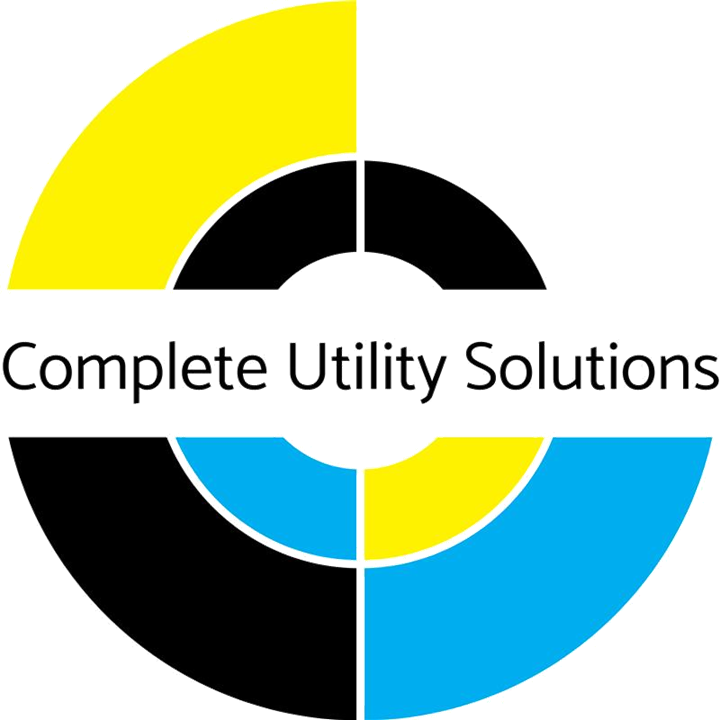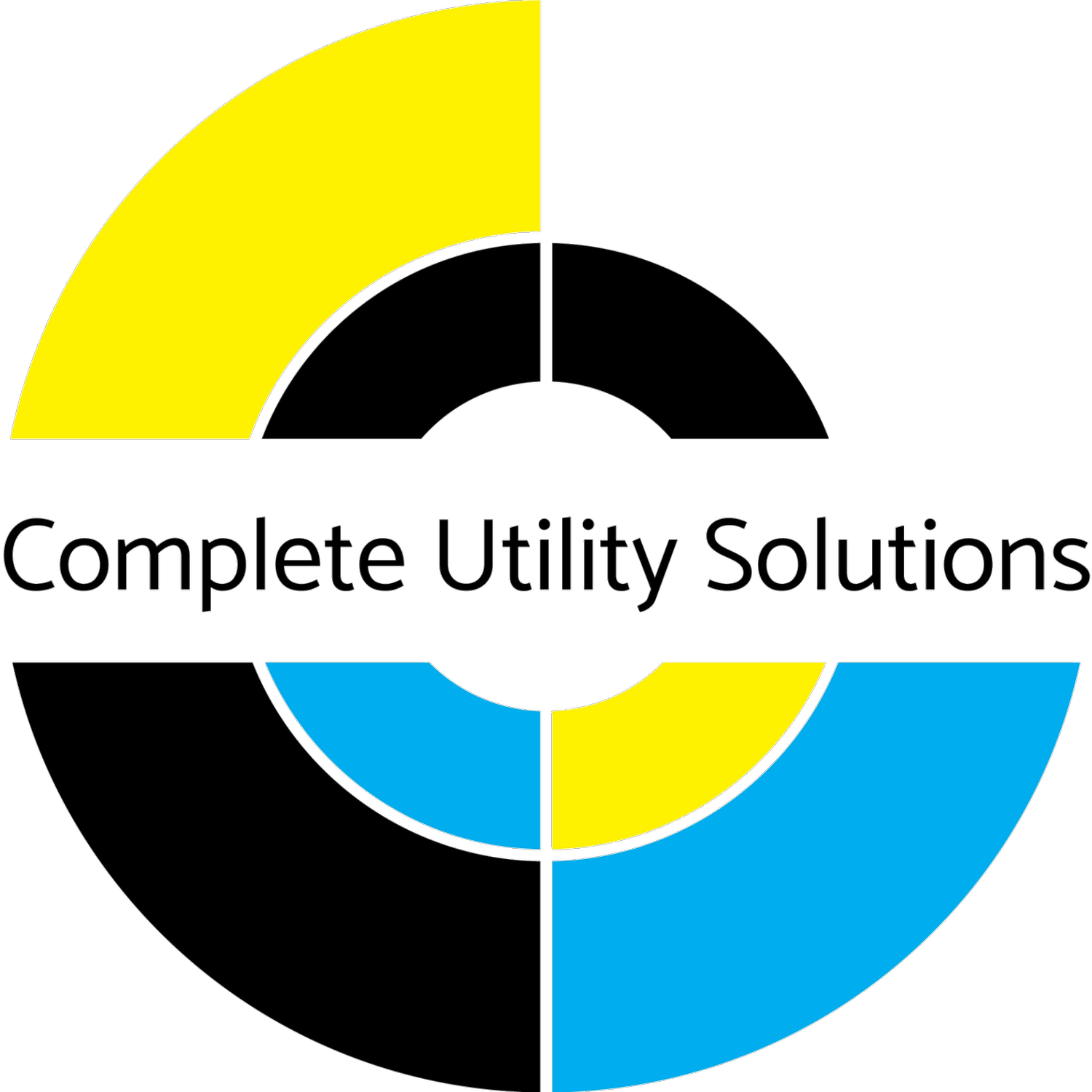BREAKING DOWN DNOS AND IDNOS
DNOs are the Distribution Network Operators for electricity in the UK. As the name suggests, these own, operate and organise electricity distribution networks.
There are 6 DNO groups in the UK currently, some examples of these are Western Power Distribution (WPD), Northern Power Grid (NPG) and UK Power Networks. Each DNO usually has a monopoly over a certain area in the UK, NPG covers Yorkshire and the North East, for example. These DNOs developed when Competition in Connections (CiC) was applied, wherein the electricity markets were privatised, rebranded and produced into geographical monopolies.
DNOs are not to be mistaken with energy suppliers such as British Gas or EDF Energy.
Although DNOs can work alongside energy suppliers, they are responsible solely for the distribution of energy and control of the physical network and aid infrastructures. DNOs are also different to transmission networks, these are run by National Grid and transmit high-voltage electricity to DNOs, who then distribute the electricity in lower voltage loads to customers.
Now we know what DNOs are, we are going to look into what they do. DNOs manage distribution networks from 240V to 400 kV through underground and overhead power lines, this covers commercial, industrial and residential properties. They are responsible for restoring faults in connections and providing new connections and security to electrical supplies.
DNOs are regulated by the Office of Gas and Electricity Markets (Ofgem).
Ofgem helps generate competition in the gas and electricity markets. For this, they produce reports on the market, create regulations, deliver government legislation, which in turn promotes security and value and protects consumer needs and encourages affordable sustainable energy. Ofgem has the power to investigate electricity companies that are neglecting consumers or competition regulations, and this can conclude in fines, penalties and withdrawal of operating licenses.
Also licensed by Ofgem, are IDNOs (Independent Distribution Network Operators). IDNOs do not have geographical restrictions and so can operate nationwide, but are responsible for managing local network areas. To expand on this, IDNOs distribute electricity to private and public lands as an extension of the DNOs network, for example, a new build housing project with 34 plots in Leeds. The DNO would supply Yorkshire or Northern England, and the IDNO would connect the project in Leeds using the DNO supply. So, whereas DNOs disperse electricity from the transmission grid for a large geographical area, IDNOs disperse electricity from DNOs or the transmission network to a local area. Both operators are responsible for any faults and maintenance that may occur on the network or connection line. Furthermore, both operators are regulated by Ofgem to operate to the same standards.
By law, DNOs must offer to connect customers to networks when requested, whereas IDNOs do not have to. This means that even with a complicated project, recommended solutions can be made by DNOs. The cost is based on connecting the customer to an electrical supply, and sometimes reinforcing networks and/or a rebate to the previous connection operator. The income for DNOs and IDNOs comes from power distribution to the client. Because of Ofgem’s pricing regulations, the power distribution charge to the client would be the same from either a DNO or IDNO.
Contestable work, such as cabling or substation installation, can be carried out by an ICP (Independent Connection Provider), DNO or IDNO, non-contestable work can only be carried out by a DNO. This includes determining a point of connection, design approval and final connections to the transmission network.
As part of the CiC introductions, IDNOs can offer to adopt and pay for the asset value to companies looking to develop new networks. This reduces the cost of building the power network and can offset the installation costs or provide a cost rebate after installation. DNOs cannot do this.
As an ICP with NERS (National Electricity Registration Scheme) accreditation, we evaluate the market and assess each project on an individual and discrete basis. We determine solutions based on budget, technical and long-term requirements.
Complete Utility Solutions utilise DNOs, IDNOs and infrastructure providers to provide the optimum services for a connection. Using our market knowledge, decades of experience and development in the industry, we can offer clients many alternative routes, as well as our supported recommendations. In addition, if we/you believe the non-contestable work costs to be incorrect, we can review the designs and costs and challenge the distributors. ICPs are important in the process of gaining a connection as they are accredited by the Lloyds Register to assist in scope areas of contestable work and can provide specific knowledge on areas of projects that are often overlooked.
You can find out the DNO in your area here.
This guide is for guidance only and not to be intended for financial advice, please contact us directly for professional consultancy on this subject.


